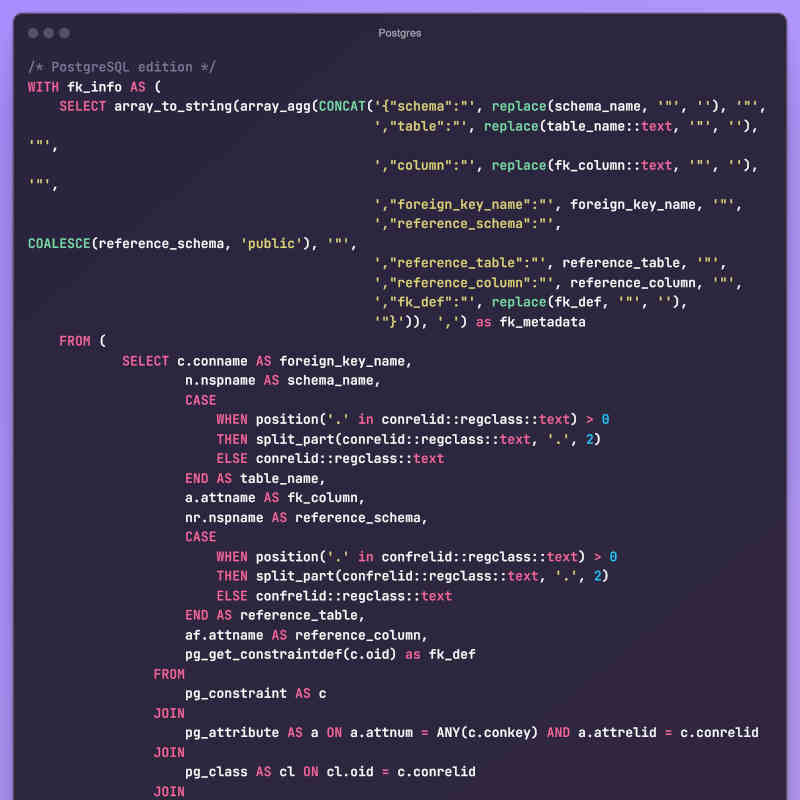| Database Diagramming With ChartDB |
| Written by Nikos Vaggalis | |||
| Monday, 24 February 2025 | |||
|
ChartDB is an open-source database diagrams editor that can be self-hosted or used in the Cloud, for free. At IProgrammer we're very fond of utilities that make the developer's life just that little bit easier, especially on the database front. In the past we had covered a few such cool tools like Prisma Markdown which can automatically generate ERDs, ERDLab, an intuitive SQL Visualization tool which helps in capturing your database design thoughts and Azimutt, a database schema explorer with many great features.
Well here's another one, ChartDB which sports the following main features :
As an extra bonus, you can also share your database with others and there's also a repository of ready made real world templates:
which you can clone to modify and use. As mentioned, ChartDB comes in two flavors, self-hosted or Cloud based. To host it yourself you can build it from source by cloning the Github repo or grab the docker image for easiness. Amongst the aforementioned features, there's one that stands out - the Import your database schema with a single query as they say. What that means is that upon clicking Import and choosing a dbms say Postgres, a single query is revealed that can reverse engineer the whole schema of the database. You then copy and paste the query locally in your database's client to get the exports which you can then use to import the schema to the editor. The query is too long to relay here, so just a few lines are being displayed but it is mind-blowing :
If you're worried about your data being uploaded to a remote server, fear not since the editor is made as a local first application, thus no data leaves your browser. As for the AI capabilities you need to set up your OpenAI API key. All in all, ChartDB has great functionality and produces good looking diagrams. Make sure to add it to your arsenal. More InformationRelated ArticlesEffortless ERD Design With Prisma Markdown Entity Relationship Diagraming with ERDLab Real World Schema Exploring With Azimutt
To be informed about new articles on I Programmer, sign up for our weekly newsletter, subscribe to the RSS feed and follow us on Twitter, Facebook or Linkedin.
Comments
or email your comment to: comments@i-programmer.info |
|||
| Last Updated ( Monday, 24 February 2025 ) |




